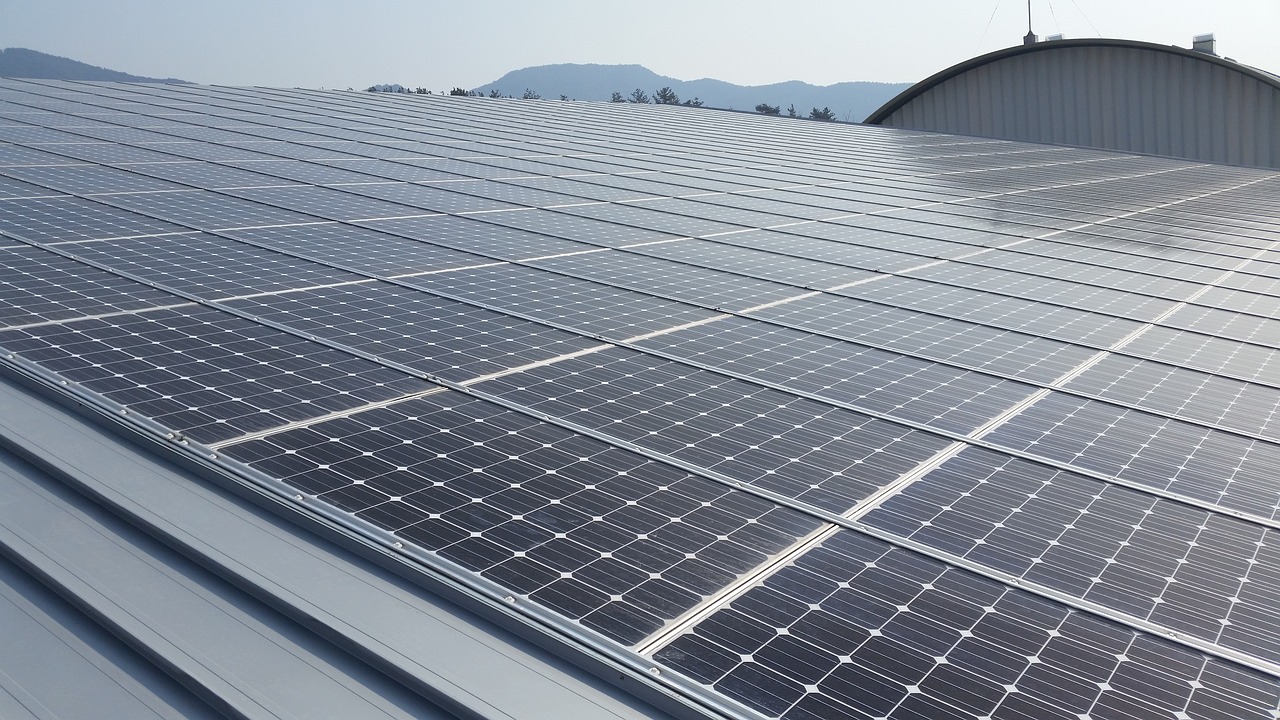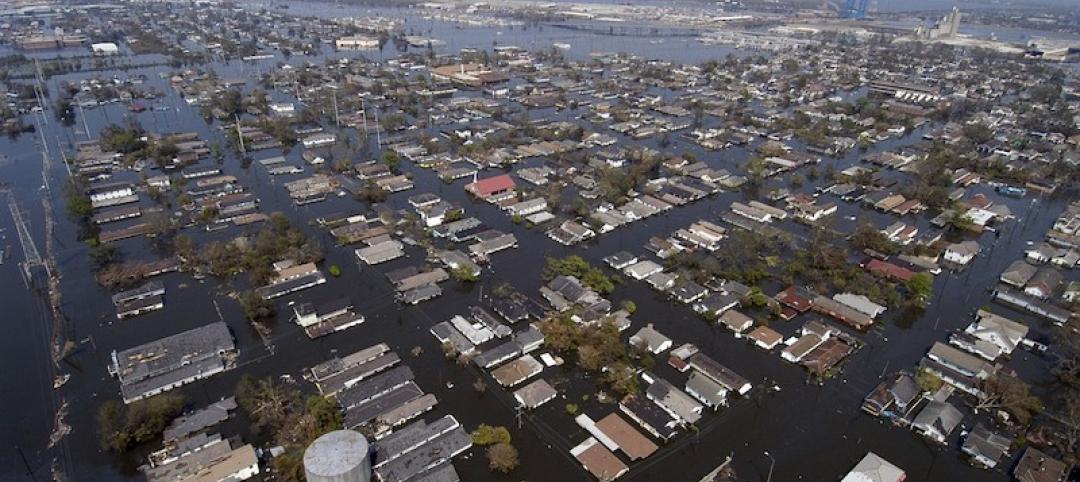The U.S. Department of Energy’s (DOE’s) National Renewable Energy Laboratory (NREL) recently launched the Advanced Research on Integrated Energy Systems (ARIES) platform.
ARIES will allow NREL researchers and the scientific community to address the fundamental challenges of integrated energy systems at scale. It will enable research at the 20MW level to help understand the impact and get the most value from millions of new devices connected to the grid.
These items include electric vehicles, renewable generation, hydrogen, energy storage, and grid-interactive efficient buildings. The scale of the platform will also make it possible to consider opportunities and risks with the growing interdependencies between the power system and other infrastructure like natural gas, transportation, water, and telecommunications, DOE says.
“The ARIES platform will lay the foundation for the next generation of energy systems that are resilient, reliable, secure, affordable, and clean,” said NREL Director Martin Keller. “We are thrilled to welcome this new research capability to NREL and look forward to transforming the future energy landscape with our partners through ARIES-enabled research.”
Related Stories
Codes and Standards | Oct 17, 2019
Slow payments cost GCs and subs $64 billion annually
Study finds 51-day average payment turnaround.
Codes and Standards | Oct 16, 2019
Cool pavement can make people hotter
Reflective coatings channel sunlight raising temperatures where pedestrians walk.
Codes and Standards | Oct 15, 2019
Utah adopts 2018 International Energy Conservation Code
Provisions include increased building envelope performance and reduced air infiltration.
Codes and Standards | Oct 14, 2019
States continue to beef up energy efficiency codes
ACEEE 50-state scorecard finds latest IECC code gaining adherents.
Codes and Standards | Oct 9, 2019
DOE releases Better Buildings Healthcare Financing Primer
Outlines financial strategies to implement energy-efficiency projects in healthcare.
Codes and Standards | Oct 8, 2019
Zero Carbon Buildings for All aims for ambitious emission reduction targets
Organization makes commitment to net zero carbon for all buildings by 2050.
Codes and Standards | Oct 7, 2019
Tailgating remains a critical building security threat, say security professionals
Few buildings provide beefed up provisions to counteract threat.
Codes and Standards | Oct 7, 2019
New seismic standard to evaluate, retrofit existing structural steel buildings open for review
AISC seeks input through Nov. 4.
Codes and Standards | Sep 27, 2019
Open source tool allows comparison of embodied carbon emissions from construction materials
Enables carbon-smart choices during material specification and procurement.
Codes and Standards | Sep 27, 2019
AIA declaration: Climate change requires ‘holistic approach’
Must address interdependencies among people, buildings, infrastructure, and the environment.

















